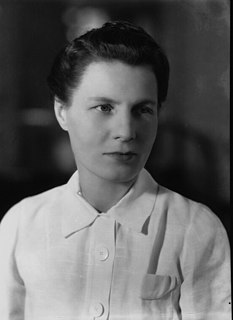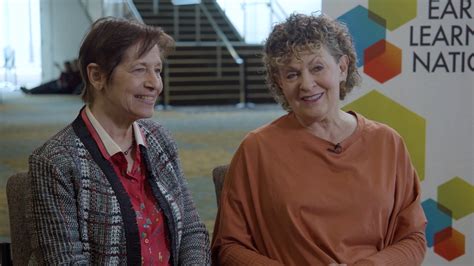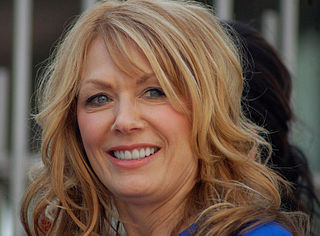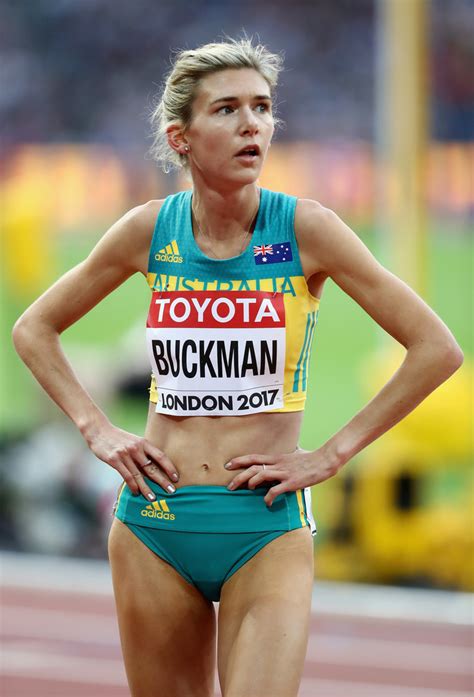A Quote by Jane Chen
This seems counterintuitive, but turns out that as infant mortality is reduced, population sizes also decrease, because parents don't need to anticipate that their babies are going to die.
Related Quotes
Babies learn most of what they know from interactions with their parents, but not of the formal, instructional variety. Babies learn from spontaneous, everyday events--the mailman at the door with a package to open...all of which need adult interpretation. They are real events of interest and concern to babies and young children....By contrast, infant education is artificial and out of context.
Historically the opposition to abortion and birth control ... stemmed from the urgency of the need to decrease the mortality and morbidity rates and to increase the population ... in the matter of abortion the human rights of the mother with her family must take precedence over the survival of a few weeks' old foetus without sense or sensibility.
I wanted to be supportive of parents rather than to scold them. The book set out very deliberately to counteract some of the rigidities of pediatric tradition, particularly in infant feeding. It emphasized the importance of great differences between individual babies, of the need for flexibility and of the lack of necessity to worry constantly about spoiling.
With the marketplace urging parents to buy all manner of things to make their babies ‘smart,’ Gallagher’s book offers parents a view based in science on how much babies really know and figure out on their own. Parents will have fun with this book and gain new respect and awe for their babies’ amazing capabilities.
In natural pregnancy, more than half of fertilized eggs fail to implant or are otherwise lost. Should we regard that as an instance of infant mortality? And if so, why are we not mounting ambitious public health campaigns to try to save and rescue all of the fertilized eggs that are lost in natural pregnancy? We would need a public health campaign of massive proportions if there really were over a fifty percent rate of infant mortality.
Physician Albert Scheweitzer said. " We are all so much together, but we are all dying of loneliness." Professor Leo Buscaglia notes, "There seems to be accumulating evidence that there is actually an inborn need for this togetherness, this human interaction, this love. It seems that without these close ties with other human beings, a new born infant, for example, can regress developmentally, lose consciousness, fall into idiocy and die.
The woe of mortality makes humans God-like. It is because we know that we must die that we are so busy making life. It is because we are aware of mortality that we preserve the past and create the future. Mortality is ours without asking--but immortality is something we must build ourselves. Immortality is not a mere absence of death; it is defiance and denial of death. It is 'meaningful' only because there is death, that implacable reality which is to be defied.
I gather, young man, that you wish to be a Member of Parliament. The first lesson that you must learn is, when I call for statistics about the rate of infant mortality, what I want is proof that fewer babies died when I was Prime Minister than when anyone else was Prime Minister. That is a political statistic.



































